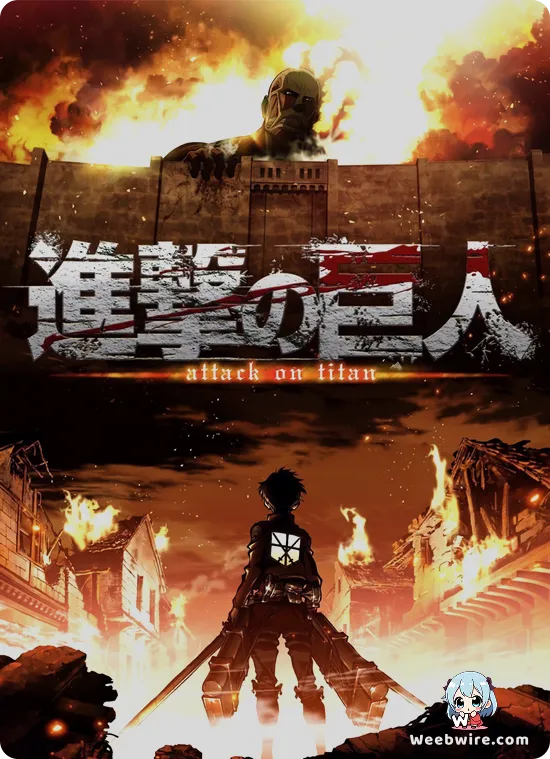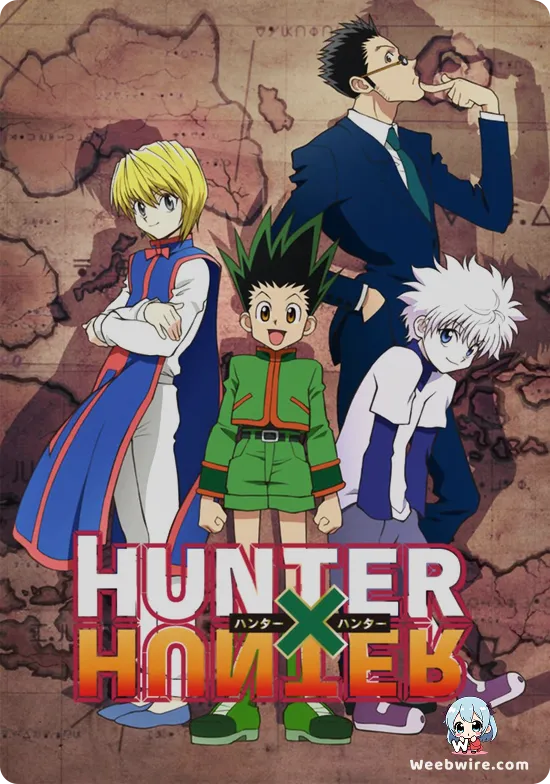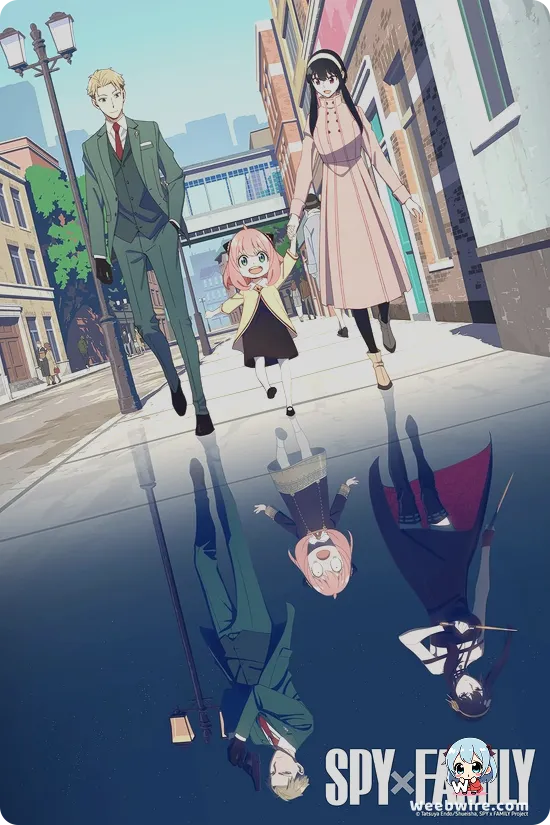Hunter x Hunter: Phantom Rouge Explores Hisoka's Hidden Past and Kurapika's Anguish in Cinematic Debut
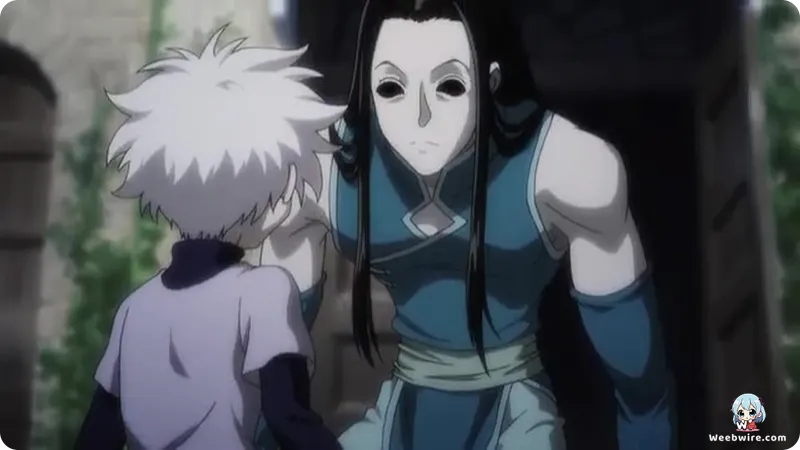
Released in 2013, Hunter x Hunter: Phantom Rouge marked the highly anticipated cinematic debut for the globally acclaimed Hunter x Hunter franchise. While celebrated for its intricate narratives and profound character arcs, this inaugural film ventured into a unique, non-canonical storyline, albeit one meticulously supervised by series creator Yoshihiro Togashi himself. Far from being a mere standalone diversion, Phantom Rouge plunges deep into the psyche of one of the series' most compelling protagonists, Kurapika, unearthing intriguing insights and surprising revelations that even long-time fans might have initially overlooked.
Unveiling Omokage: Hisoka's Predecessor
A pivotal element of Phantom Rouge is its audacious introduction of Omokage, a previously unrevealed former member of the infamous Phantom Troupe. Shockingly, Omokage is unveiled as the predecessor to the enigmatic Hisoka, having held the notorious 'No. 4' position within the criminal organization. This revelation adds an unexpected layer to Hisoka's shadowy background, hinting at a tenure within the Troupe that predates his well-documented appearances. Though this specific detail remains exclusive to the film and outside the manga's established canon, it provides a captivating 'what if' scenario, offering a tantalizing glimpse into the volatile dynamics of the Phantom Troupe before Hisoka’s arrival and serving as a fascinating piece of trivia for devotees of the series' most unpredictable clown-magician.
Kurapika's Harrowing Quest and the 'Dolls'
At its core, Phantom Rouge propels Kurapika into a harrowing quest to reclaim the stolen Scarlet Eyes, taken from the massacred members of the Kurta Clan. However, the film introduces a chilling escalation: these precious eyes are not merely stolen but are being artificially replicated and manipulated by Omokage to create 'dolls'—sentient puppets that horrifyingly embody the identities and abilities of others. This profound concept of identity theft and the desecration of the Kurta Clan's most sacred attribute injects a powerful psychological horror dimension into the film's action-adventure framework, pushing the emotional stakes to unprecedented levels for Kurapika, Gon, Killua, and Leorio. It’s a haunting exploration of profound loss and the perversion of memory.
Expanding the Kurta Clan's Tragic Past
Furthermore, the movie delivers a visceral and emotionally charged expansion of the Kurta Clan's tragic history. While the manga and anime provide glimpses of the massacre, Phantom Rouge brings it to life with harrowing flashbacks, imbuing Kurapika's every action with a palpable sense of grief and vengeance. The detailed depiction of the Kurta village and the brutal devastation it suffered powerfully underscores the depth of Kurapika's trauma and the relentless drive behind his pursuit of the Phantom Troupe. For fans yearning for deeper insight into this pivotal event, the film offers a powerful, albeit heartbreaking, visual narrative.
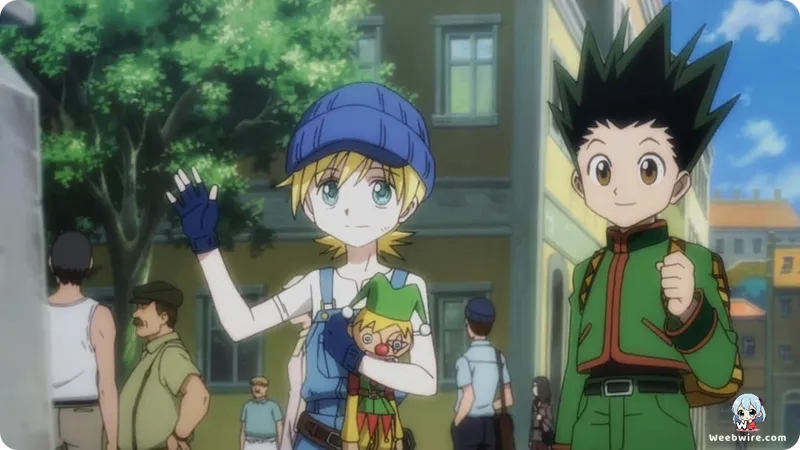
MADHOUSE's Animation Prowess
MADHOUSE, the acclaimed animation studio behind the 2011 Hunter x Hunter TV series, lent its signature quality to Phantom Rouge. The animation is strikingly fluid, the fight sequences are dynamically choreographed, and the character designs remain meticulously faithful to Yoshihiro Togashi's original vision while seamlessly adapting them for the big screen. The studio's unwavering commitment to preserving the aesthetic and narrative integrity of the series, even for an original story, is truly commendable, ensuring the film felt like a natural extension rather than a detached spin-off. The intricate environmental art and the expressive character animations particularly enhance the emotional beats and action sequences, resonating deeply with the audience.
The Power of the Original Voice Cast
The film's authenticity was further solidified by the involvement of the original voice cast. Megumi Han (Gon), Mariya Ise (Killua), Miyuki Sawashiro (Kurapika), and Keiji Fujiwara (Leorio) all reprised their iconic roles, bringing their established chemistry and profound understanding of the characters to the cinematic experience. This consistency in vocal performance impeccably grounded the film, allowing fans an immediate and deep connection with their beloved heroes despite the original storyline. Sawashiro's portrayal of Kurapika's anguish and resolute determination, in particular, was widely lauded by fans as a standout performance.
Yuzu's 'REASON': A Lasting Legacy
Completing the immersive experience, the film's theme song, 'REASON' by the popular Japanese duo Yuzu, became an indelible part of its legacy. Yuzu's melodic and often uplifting tunes perfectly encapsulated the blend of adventure, enduring friendship, and underlying melancholy inherent in Hunter x Hunter. The song's widespread popularity extended beyond the film, quickly becoming a fan favorite and further cementing Phantom Rouge's significant place in the franchise's history. It stands as a testament to how even supplementary material can achieve lasting cultural impact.
While Phantom Rouge is often considered non-canonical due to its original plot, it undeniably offers a wealth of 'good-to-know' facts and expands upon character motivations in ways the main series couldn't or didn't. It provides a profound look into the psychological toll of Kurapika's past, introduces a fascinating (albeit non-canonical) link to Hisoka's history, and showcases MADHOUSE's unparalleled prowess in delivering high-quality animation that reverently honors the spirit of Togashi's work. It's a cinematic journey that, for those willing to embrace its unique narrative, offers a treasure trove of trivia and an emotionally resonant exploration of one of Hunter x Hunter's most compelling revenge stories. The film serves as a powerful testament to the versatility of the Hunter x Hunter universe, proving that even outside the direct confines of the manga, compelling and insightful stories can be told, enriching the overall fan experience.
Credits
Hunter x Hunter: Phantom Rouge
Author
Yoshihiro Togashi
Cover Art
Takahiro Yoshimatsu
Studio
MADHOUSE
Publisher
Shueisha
Producers

